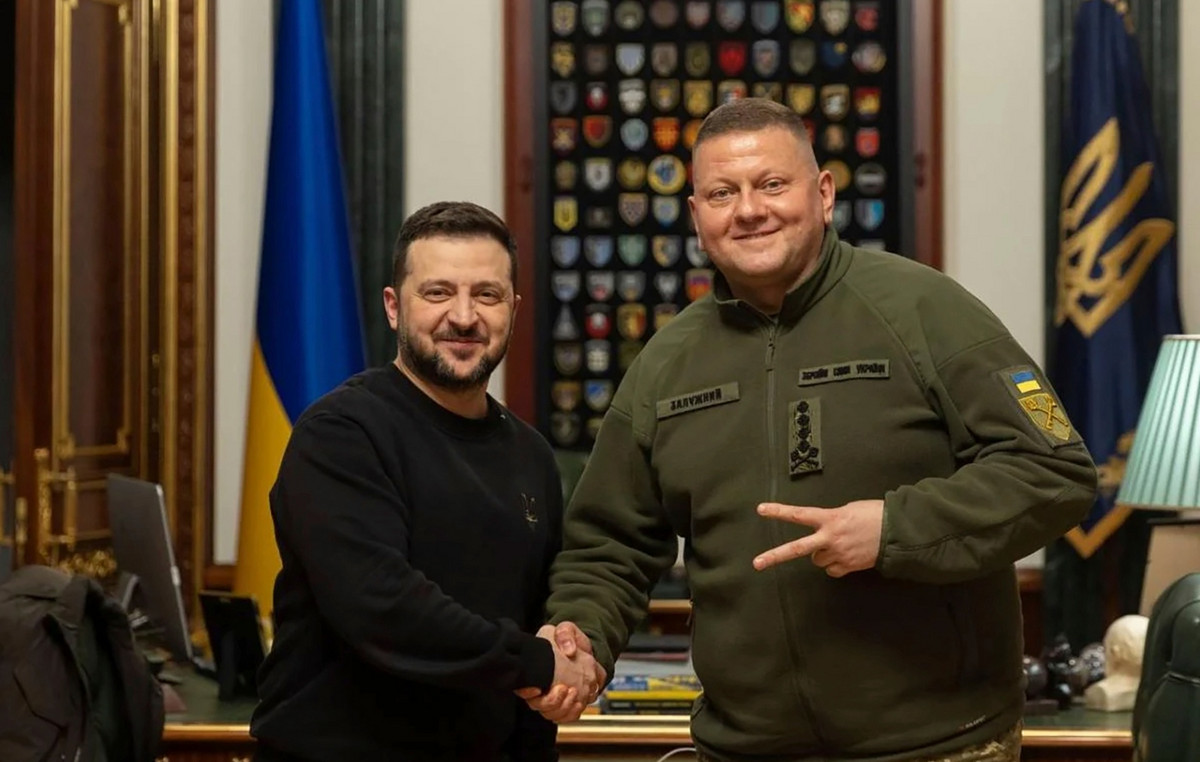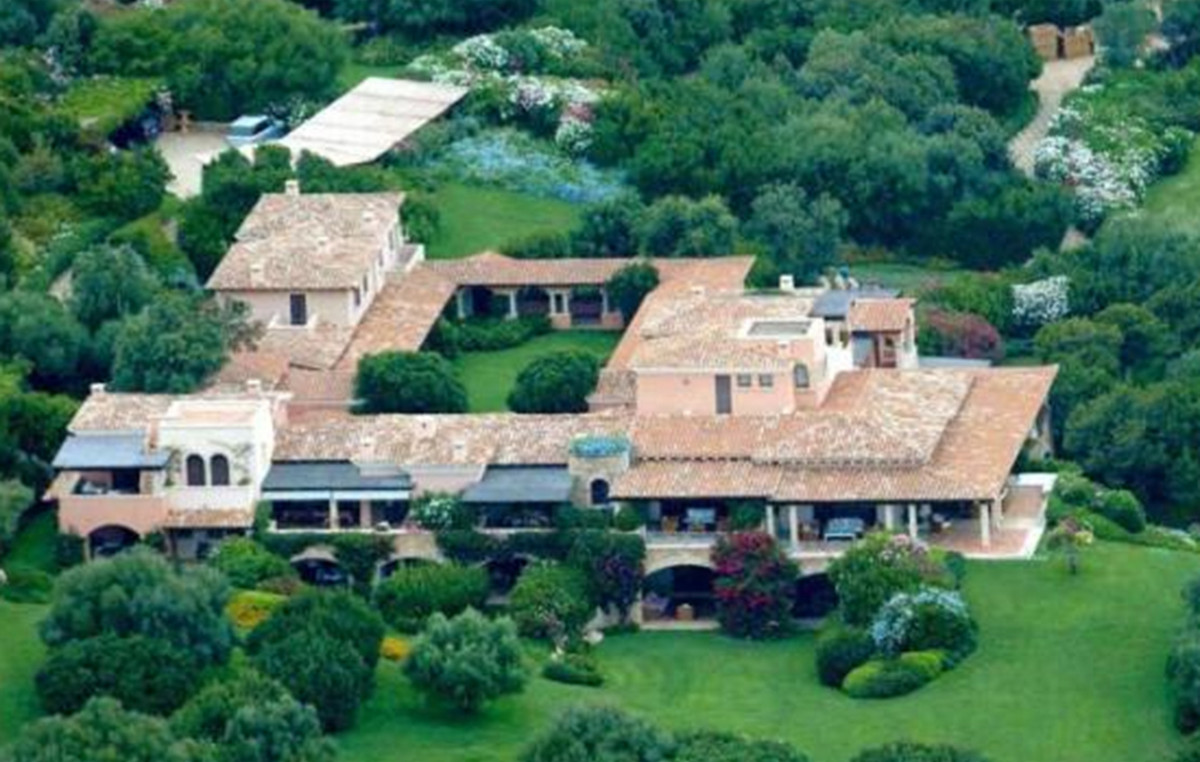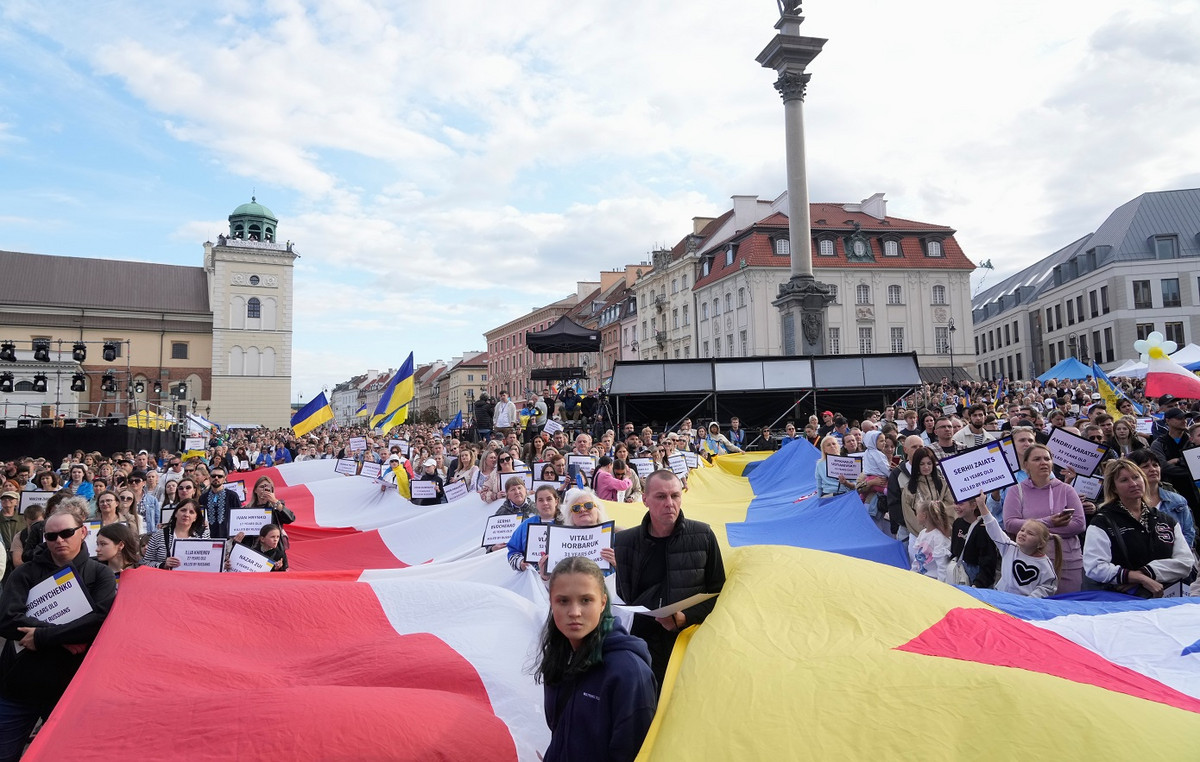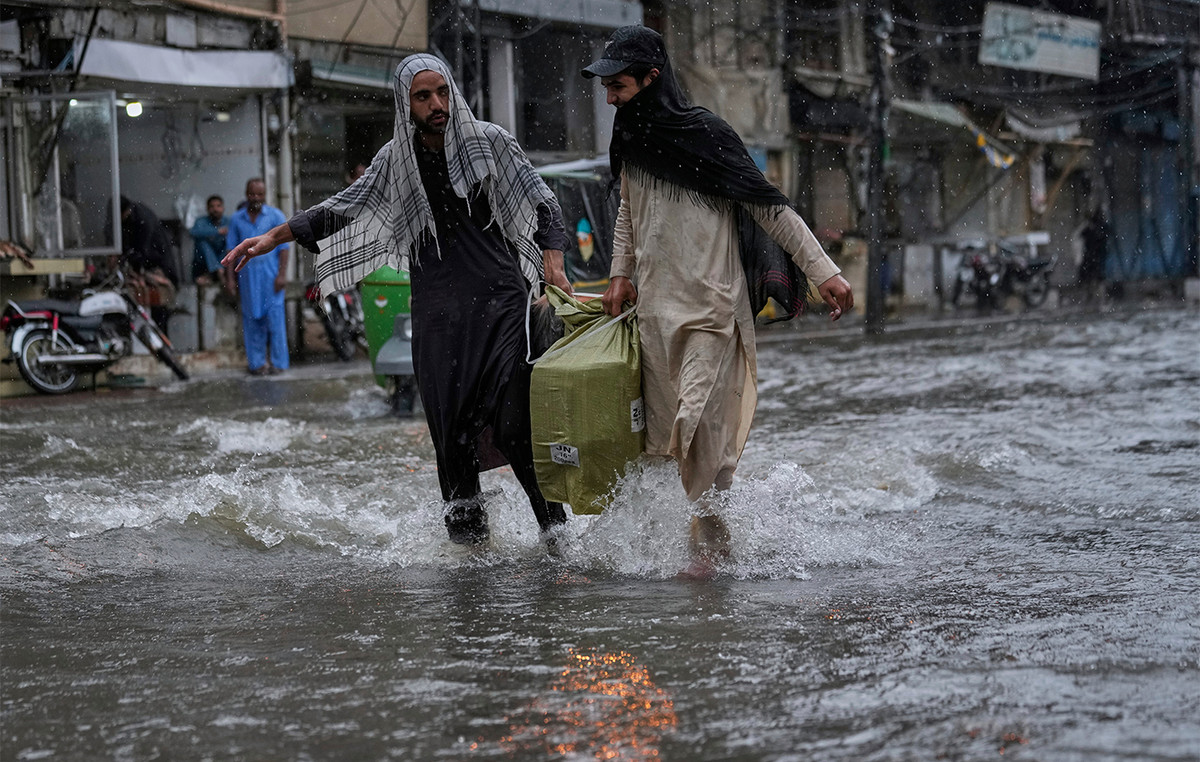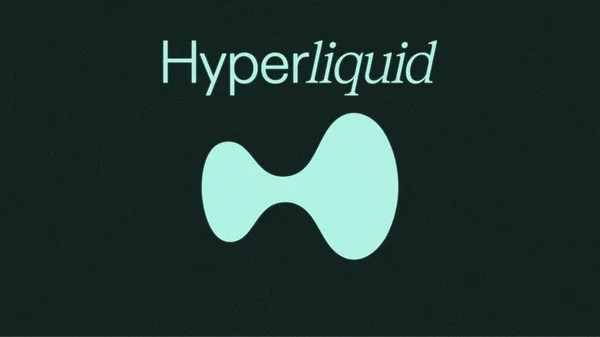Nearly six years after the first German tanks crossed the border to invade Poland, World War II came to an end in Europe as Soviet troops celebrated the capture of Berlin and US and UK forces advanced in the north and south of the country. country controlled by the Nazis.
It was May 8, 1945 — the date is celebrated every year by the victorious countries in World War II, especially Russia (which celebrates on the 9th, like other Eastern European countries).
German dictator Adolf Hitler had committed suicide on April 30, 1945, and his representatives finally agreed to sign unconditional surrender on May 7 in the French city of Reims and before General Dwight Eisenhower, commander of the Allied troops.
The definitive capitulation was signed, however, on May 8, 1945 in Berlin, capital of the defeated Nazi regime in Germany, in front of representatives of the Soviet Union, the United States, the United Kingdom and France.
Although the surrender ceremony took place on May 8, some countries such as Russia and Belarus celebrate it on May 9. That’s because when the war in Europe was formally concluded, according to the signed document, on May 8 at 11:01 pm (Berlin time), it was already May 9 in Moscow and other Eastern time zones.
The act ended the war after nearly six years and tens of millions of dead, but it did not completely bring down the curtain on World War II. Japan, Germany’s ally, continued to fight until September 2, 1945.
What does May 9th mean for Russia?
A military parade has been held every year in Moscow since Soviet times on Victory Day, and to this day Russian leaders traditionally stand at Vladimir Lenin’s tomb in Red Square to watch it as they invite world leaders to observe their military might. .
The parade is generally impressive. In 2015, 16,000 soldiers participated, 200 armored personnel carriers and 150 planes, while in 2020, when the Covid-19 pandemic forced the party to be postponed and reduced in size, 14,000 soldiers participated.
“May 9 was designed to hype the local public, intimidate the opposition and please the dictator of the day,” said James Nixey, director of Chatham House’s Russia-Eurasia Program, to CNN .
This is especially true because Russian President Vladimir Putin promotes the view that the Soviet Union was primarily responsible for the victory over Germany in 1945.
In an article published in 2020, Putin said that it is “essential to pass on to future generations the memory that the Nazis were defeated first and foremost by the Soviet people and that the representatives of all the republics of the Soviet Union fought together in this heroic battle.”
Carnegie Moscow Center expert Andrei Kolesnikov wrote in an essay last year that “the (Russian) regime claims to be the direct successor to all of Russia’s glorious victories, including the defeat of Nazism in the Great Patriotic War of 1941. , thus becoming immune to criticism.
In the context of the ongoing war in Ukraine, Western officials have long believed that Putin would seize the day’s symbolic significance and propaganda value to announce a military conquest in Ukraine, a major escalation of hostilities, or both.
Putin often uses symbolic dates to put his actions into practice, having launched the invasion of Ukraine the day after Defender of the Fatherland Day, another crucial military day in Russia.
How do they celebrate the date in the West?
In the United States, Victory in Europe Day (VE Day) is observed on May 8, but it is overshadowed by the date when Japan’s defeat and the end of World War II are commemorated.
This is because the United States clashed with both Germany and Japan during the conflict, and even after the German surrender they continued to fight bloody battles in the Pacific, such as Okinawa, and then dropped the first two atomic bombs on the cities of Hiroshima and Nagasaki.
Instead, the Soviet Union, whose achievements Russia continues to celebrate, fought almost exclusively against Nazi Germany.
In Europe, the 8th of May is celebrated by all countries that suffered from the war, including the United Kingdom, France, Poland and Belgium.
Although Germany does not recognize this date, the former German Democratic Republic in the east — and under Soviet influence — celebrated Liberation Day until its fall in 1990, and in some cities, such as Berlin, the day is still celebrated.
Source: CNN Brasil
I’m James Harper, a highly experienced and accomplished news writer for World Stock Market. I have been writing in the Politics section of the website for over five years, providing readers with up-to-date and insightful information about current events in politics. My work is widely read and respected by many industry professionals as well as laymen.

